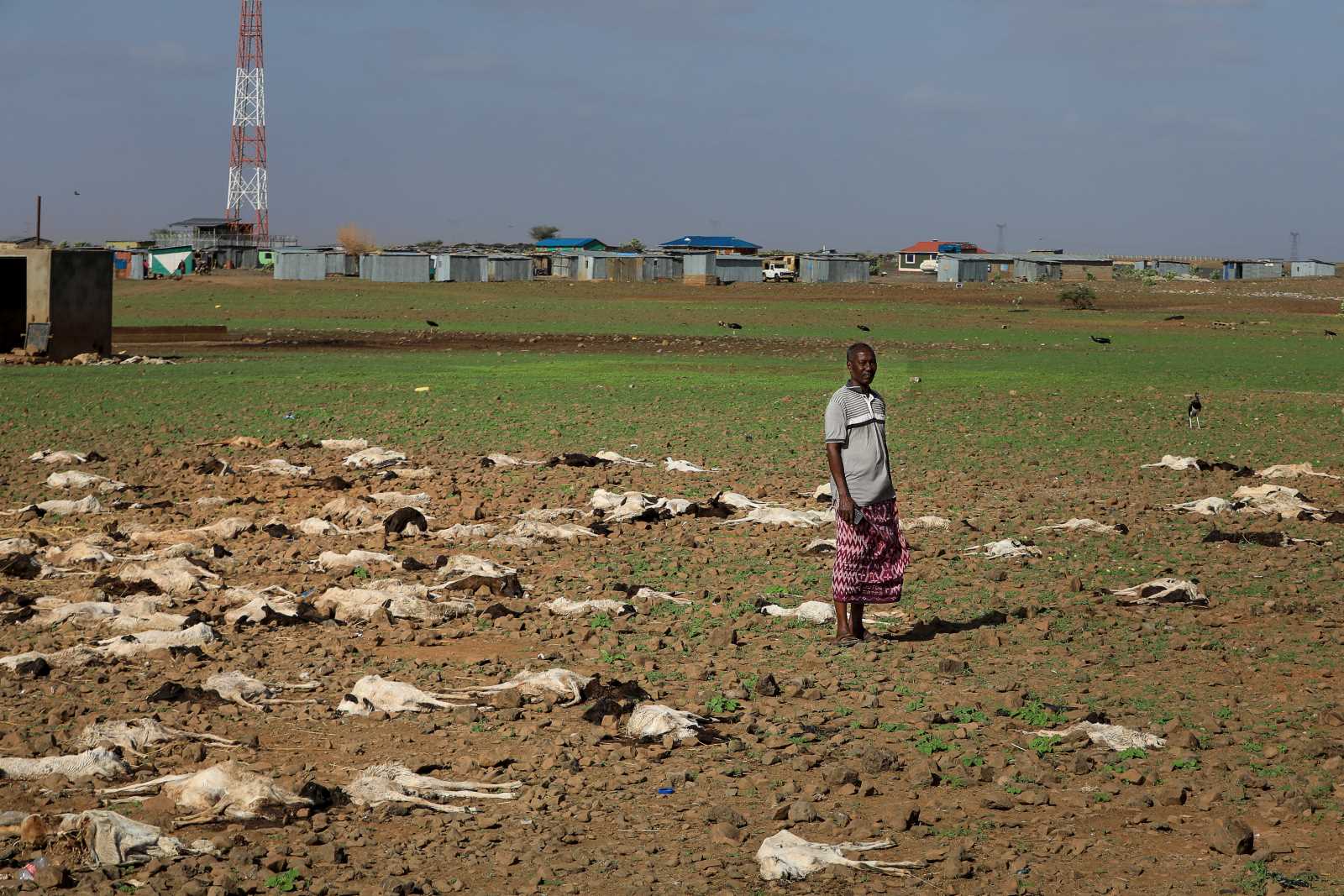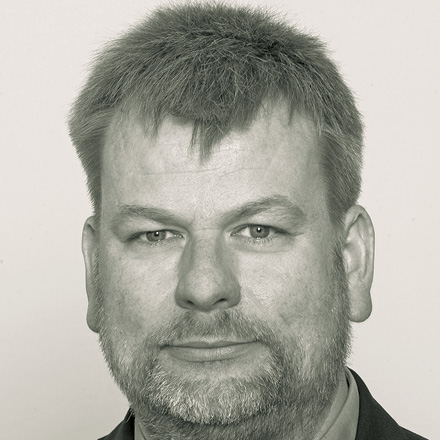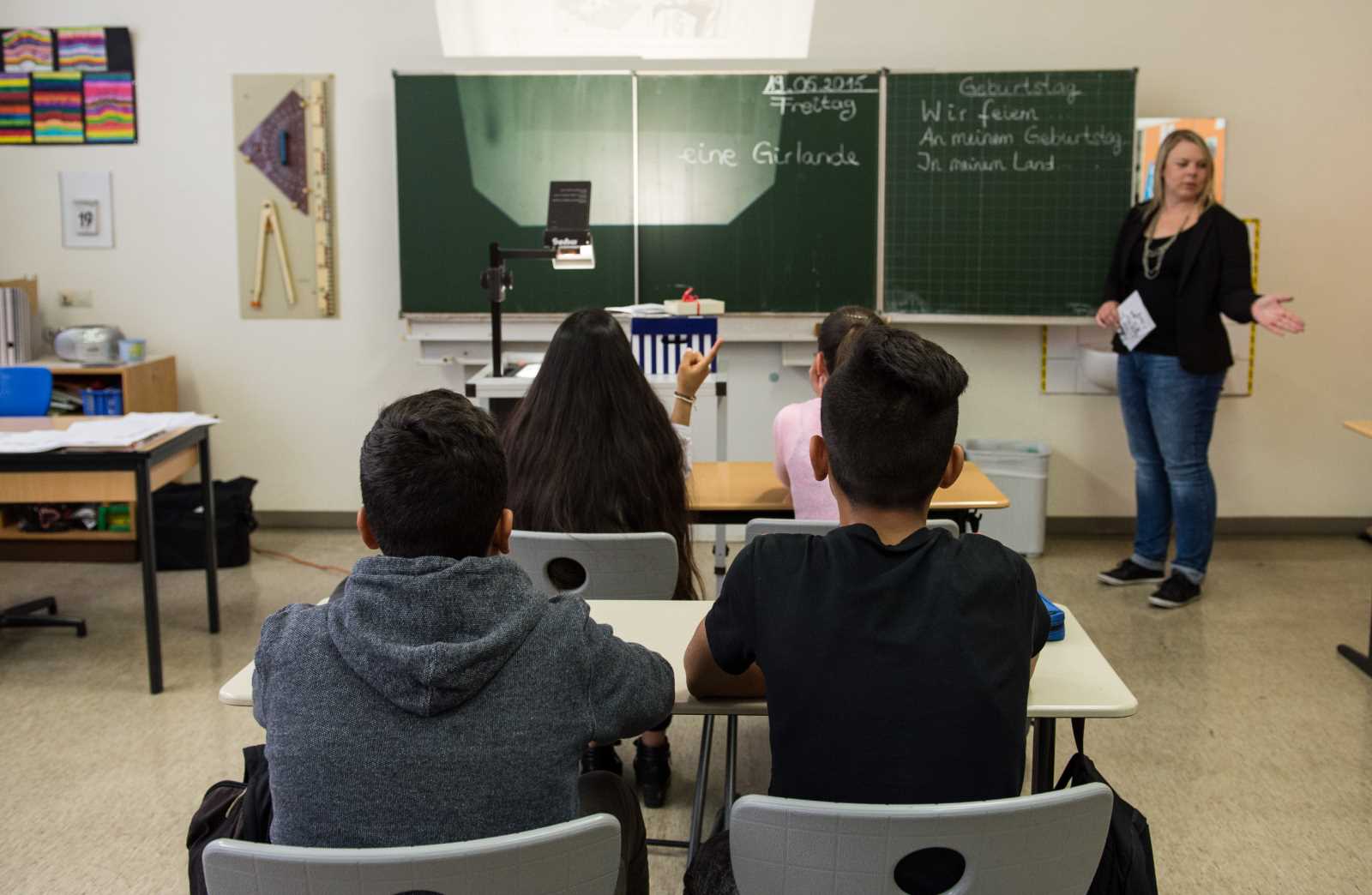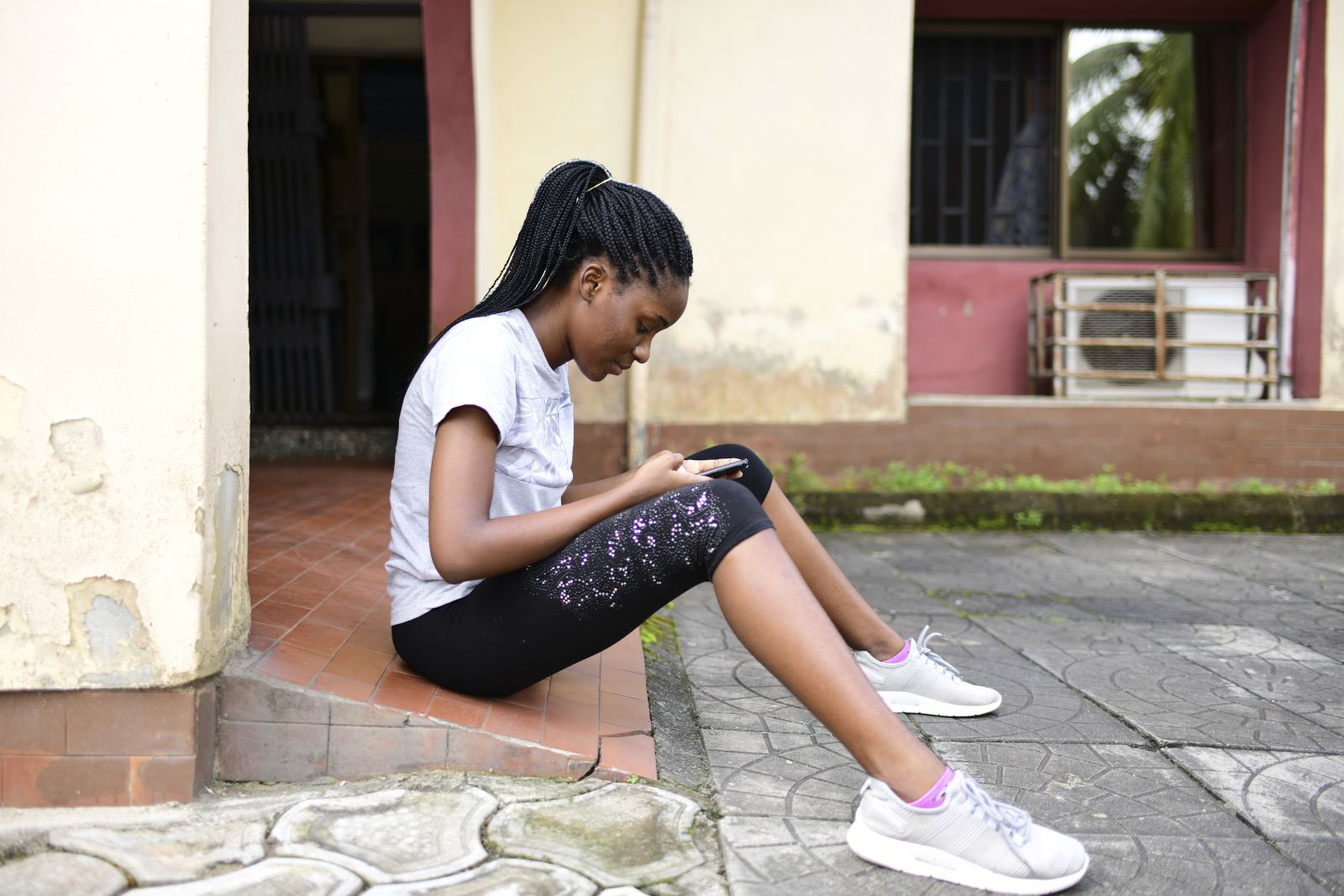Vocational training
Breaking down barriers
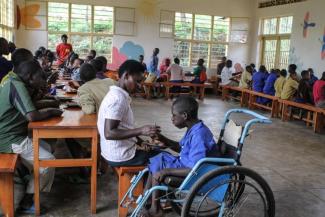
Since the end of the genocide in 1994, Rwanda has experienced remarkable economic and social development. Skilled, well-trained workers are in demand on the labour market. However, the country is also struggling with extremely high rates of youth unemployment. Young people all too often lack relevant skills. There are employment opportunities for trained persons, but the majority of high-school graduates want to pursue a university education.
To counter this trend, the Rwandan government is supporting technical and vocational education training (TVET). It hopes to facilitate the economic and social inclusion of young people with disabilities, who are strongly affected by marginalisation and discrimination.
Students from the Philipps University of Marburg carried out a research project in the Rwandan capital of Kigali in 2015 to determine the potential of TVET in the context of disabilities and to assess the institutions of Rwanda’s vocational training sector. The project sought to answer the following research questions:
- How do people with disabilities experience the institutional setting of vocational education?
- To what extent does participation in a vocational training programme improve a person’s job opportunities in the sense of promoting social inclusion?
- To what extent can vocational training be improved to serve people with disabilities better?
While gathering data in Kigali, the students interviewed national and international experts from school boards, non-governmental organisations (NGOs) and state agencies, for instance. Of course, they also asked people with disabilities who were enrolled in vocational-training programmes to share their impressions.
The results showed that young people with disabilities are at a disadvantage on Rwanda’s very competitive labour market. The primary reason is prejudice, which makes many employers reluctant to hire disabled professionals. As a result, people with disabilities frequently have no choice but to become self-employed. Young students hope that they will be able to use the skills they have learned to become financially independent, support their families and contribute to Rwanda’s development.
Vocational training is considered an important foundation for social inclusion and living an independent life. The young people concerned want equal rights and recognition for their talents. Both the experts and the personally affected students emphasised that more needs to be done to raise awareness in society.
A positive trend
The general trend is positive. In the past, only few people with disabilities took part in government-run vocational training. The good news is that evermore agencies are initiating relevant programmes that take into account special needs. Some of these agencies are non-governmental and/or rely on official development assistance (ODA).
Nevertheless, the integrative vocational training sector in Kigali still faces several major challenges. They include significant physical barriers and a lack of resources – primarily financial, but also with regard to school equipment. Moreover, policy measures that are supposed to benefit people with disabilities tend to be implemented only in an insufficient way. Most experts hold the government responsible for such shortcomings. The students themselves confirm that the schools are poorly equipped, but they generally find the curricula convincing.
Additional awareness-raising measures and support could convince employers to change their dismissive attitude. They should be encouraged to pay more attention to people with disabilities when recruiting staff. A systematic approach to counsel and coach students in regard to job opportunities would make sense before young people with disabilities start a training programme and when they graduate. Options for some kind of transitional phase after leaving school and before joining the labour market would be helpful too. Increased coordination with the private sector would help to close the gap between supply and demand on the labour market.
Despite ongoing challenges, steady progress is being made towards the comprehensive inclusion of people with disabilities. In particular, the practical skills they have learned allow these young people to achieve a new level of personal independence. Important policy measures have been initiated. It remains to be seen how society and public policy will work together to pave the way towards a more equal and inclusive society. Success would certainly serve Rwanda’s further economic and social development.
Maxine Bayer is a project manager for the implementation of remote monitoring solutions for development projects. All the authors took part in the research project in Rwanda as M.A. students at the Philipps University of Marburg. The project leader was Michael Kirk, Professor for Development and Cooperative Economics.
maxine.bayer@icloud.com
Marieke Fischer is an M.A. student in International Development Studies.
marieke.fischer@gmail.com
Judith Guckenbiehl is a junior project manager in the field of youth employment.
judith-guckenbiehl@gmx.de
Jana Hake is a trainee in product management for the tourism sector.
jana.hake@web.de
